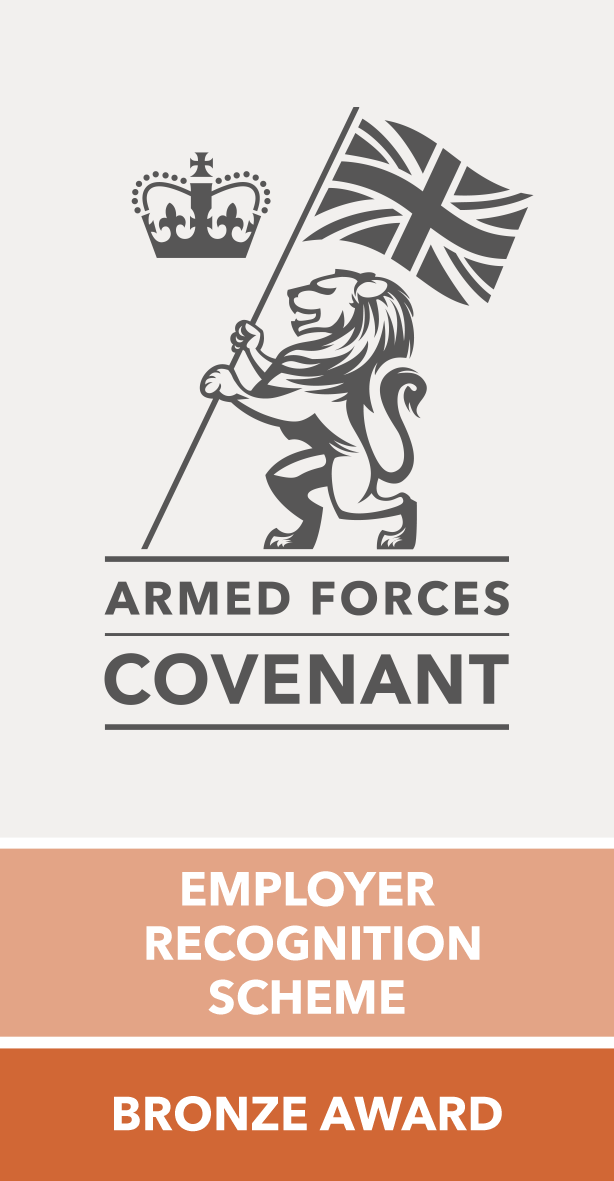DOMESTIC ABUSE
SIGNS & SUPPORT
Domestic Abuse is an incident or pattern of incidents of threatening, degrading, violent, coercive or controlling behaviour. It can include sexual violence and is often carried out by a partner, however, it can be inflicted by a family member or carer. There were over 1.3 million reported domestic abuse-related incidents in England and Wales in the year ending March 2019.
Domestic abuse can be experienced by anyone, regardless of ethnicity, age, gender or sexuality.
The severity and frequency of domestic abuse can vary dramatically. However, one single encounter counts as abuse, but it is often an ongoing pattern of behaviour. One consistent element of domestic abuse is the abuser’s consistent efforts to maintain power and control over someone.
There are many ways a person can be domestically abused including but not limited to the following types of abuse:
● Physical
● Emotional
● Psychological
● Sexual
● Financial
● Coercive control and ‘gaslighting’
● Online abuse
● Stalking
● Threats and intimidation
Controlling behaviour
Controlling behaviour includes acts carried out by the person using abusive behaviour that is designed to make the person feel dependent or feel subordinate. They can include:
● Isolating them from friends, family and sources of support
● Depriving them of the means required for them to be independent or to escape
● Regulating their everyday behaviour
● Exploiting their resources and capacities for personal gain
Coercive behaviour
Coercive behaviour can involve assaults, threats, humiliation, intimidation or other abuse that is used to harm, frighten or punish someone.
Controlling or coercive behaviour is designed to make a person dependent, creating a sense of fear. This behaviour ultimately works to limit a person’s human rights by depriving them of their liberty and reducing their ability for action. A person may be isolated from support, exploited, deprived of independence or have their everyday behaviour regulated. Examples include:
● Being isolated from friends & family
● Being deprived of basic needs
● Having your time monitored
● Being monitored through online communication or spyware
● Having your everyday life controlled (where you go, who you see etc)
● Being restricted or deprived access to support or medical services
● Being Humiliated, degraded or dehumanised
● Having finances controlled
● Being threatened or intimidated
Physical & Sexual abuse
Physical abuse is when someone uses physical force against another to cause injuries or to endanger.
Sexual abuse is a form of physical abuse. Forced sexual acts are acts of aggression and violence. Even if they are by a spouse or intimate partner, who you have had or continue to have consensual sex with.
Emotional & psychological abuse
Emotional and psychological abuse is often overlooked or minimised, even by the person experiencing it. The lack of physical evidence often means that some people feel they may not be believed.
There are many factors involved in emotional abuse including; name-calling, blaming, shaming, isolation, intimidation and controlling behaviour. More often than not the abuse is mainly verbal.
After prolonged emotional abuse it can feel like there is no way out of a relationship, or that without the partner they have nothing. Feelings of low self-worth are also common.
Honour-based abuse
Some people experience violence and threats from their family or community in order to protect their perceived honour. The warning signs of honour-based abuse can include:
● Communication being severed between the person and their friends
● Withdrawal from education or the workplace
● Restrictions or chaperoning outside the home
● Onset of depression in an otherwise happy person
Forced marriage
A forced marriage, not to be confused with an arranged marriage, is when a person is threatened and bullied into a marriage.
Signs of Domestic Abuse
Domestic abuse can vary from case to case, not everyone can see that they are experiencing domestic abuse. These questions can help you to identify if you are in an abusive relationship:
● Do you avoid certain topics out of fear of angering your partner?
● Do you feel afraid of your partner a lot of the time?
● Do you feel you can’t do anything right for your partner?
● Do you believe you deserve to be hurt or mistreated?
● Do you feel emotionally numb?
● Do you feel helpless?
● Does your partner yell at you and humiliate you?
● Does your partner often criticise you?
● Does your partner treat you badly in front of your friends and family, causing embarrassment
● Does your partner blame you for their behaviour?
● Does your partner see you as their property?
● Are your partners temper / moods unpredictable?
● Has your partner hurt you or threatened to?
● Does your partner threaten to take your children away from you?
● Has your partner threatened to end their lives by suicide if you leave?
● Does your partner force you to have sex with them?
● Has your partner destroyed your belongings?
● Is your partner possessive & jealous?
● Do they control where you go and what you do?
● Stop you seeing your family and friends?
● Limit your access to money, car or phone?
● Always checking up on you?
Some people do not believe they are being abused because incidents are perceived as minor or have only occurred once or twice. Domestic abuse often starts out as less severe incidents but can escalate quickly. However, regardless as to how severe something might seem, no person should be subject to any abuse.
If abuse stops as a result of you having to become more passive, this does not mean you are no longer being domestically abused. This is controlling and restrictive behaviour which results in a change in your behaviour. Every person has a right to express themselves, move about freely and to make their own decisions.
Domestic abuse is never acceptable, whether from any gender, teenager or older adult. Everyone deserves to feel valued, respected and safe.
You do not need to wait for an emergency situation to get help and support for domestic violence. You are not alone.
To get support for domestic abuse:
EDAN Lincs https://edanlincs.org.uk/ call 01522 510041 or email info.secure@edanlincs.cjsm.net
Women can call 0808 2000 247 - The Freephone National Domestic Abuse Helpline, run by Refuge
You can talk to your doctor, health visitor or midwife
Men can call 0808 8010 327 - Men’s Advice Line
Men can call 0182 3334 244 - ManKind
LGBTQIA+ can call 0800 999 5428 - Galop
Anyone can call 0800 5999 247 - Karma Nirvana
In an emergency call 999
Effects of Domestic Abuse
If you have experienced domestic abuse you often feel conflicting emotions and can sometimes find it difficult to make sense of your feelings. Feelings can often include:
● Fear
● Anger
● Shame
● Resentment
● Sadness
● Powerlessness
Survivors of domestic abuse face ongoing challenges after enduring physical, mental and emotional abuse. It often takes time for a survivor to feel safe again. There are many long-lasting effects of domestic abuse, both physical and mental, these can range from:
● Post-traumatic stress disorder
● Depression
● Anxiety
● Low self-esteem
● Suicidal thoughts or suicidal plans
● Alcohol or drug abuse
● Loss of sexual desires
● Involuntary shaking
● Chronic fatigue
● Problems sleeping
If you have been affected by domestic abuse you can speak to one of our qualified counsellors.
CAN YOU HELP SUPPORT THE HUB?
We Give our Best Each and Every Time!
- Every client is treated with respect
- Everyone is offered a hot drink and warm welcome
- From your first contact to your last session you are cared for
- We do our best to make sure you are leaving us more confident
We Give Hope Where There is None!
- No waiting list (unless funded then only 4 weeks)
- We don't turn anyone away
- We are often people's 'last chance'
- We properly 'listen' to our clients needs
We Save Lives!
- Fully qualified counsellors (we don't use trainees)
- 'Out of the box' counselling
- Funded sessions
- Every team member is amazingly friendly & respectful

Slide title
I don’t think I could recommend NWCH enough! My counsellor is great, I feel understood and hopeful and never judged. Thank you!
Young person Accessing NWCH Counselling Service
Button
Slide title
My son is opening up to Wayne about all aspects of losing his Dad - happy memories and the painful truth that he won’t be coming back. Wayne has taught him to acknowledge the pain but also remember the many happy times. The counselling he has had with Wayne has been invaluable.
Mum of her young son Accessing NWCH Counselling Service
Button
Coming in for couples counselling, we were both nervous about how the session would work having not done anything like this before.
He listened to each of us and made it feel very light-hearted and easy. We were able to share our feelings and thoughts and Ian gently guided us to explain our views to help us see each other’s views and gave us things to think about for next week.
Couple Accessing NWCH Counselling Service
Button
Slide title
Personally, I was a very sceptical individual and initially attended as a good Will gesture to my family who had encouraged me to do so……. that being said I found myself to be able to talk to (let’s be honest, a stranger) about my life and its difficulties in an open and comfortable fashion……. don’t get me wrong I’m no soft touch! But I found it genuinely comforting to be able to do so! …. it makes me ask and look for answers from myself ….. rather than someone with a title telling me what’s wrong……,
Adult Accessing NWCH Counselling Service
Button
Slide title
The match of counsellor has meant my husband looks forward to his sessions & already is feeling happier & we as a family are seeing a difference. It is detail like this that makes asking for help via the NW Counselling Hub stand out – plus the reassurance all counsellors are qualified.
We cannot recommend the NW Counselling Hub enough and thank them for all they are doing for our family.
Adult Accessing NWCH Counselling Service
Button
Slide title
“We want to support our team when ‘life happens’. We asked NWCH to be our ‘go to’ support service for counselling and emotional support to help members of our team, if they need it, get them through some difficult personal issues such as bereavement and anxiety. The team at the hub are incredibly supportive and have provided a lifeline to our team”
Lincoln Employer referring employees to NWCH Counselling Service.
Button
Slide title
“NWCH have been providing counselling services to our employees for a few years now and I can honestly say that they have made a significant difference to many of their lives.
We are a company that believes in investing in our staff, and it is great to see when that investment is so profound and has such a positive impact, especially when it comes to people’s wellbeing.
Thank you NWCH, for enabling us to offer our teams such fantastic support and help to feel better when they face challenging times.”
HR Manager at Micronclean Ltd
Button

OFFICE
NW Counselling Hub CIC
Cromwell House
Crusader Road, off Tritton Road, Lincoln, LN6 7YT
CONTACT INFO









